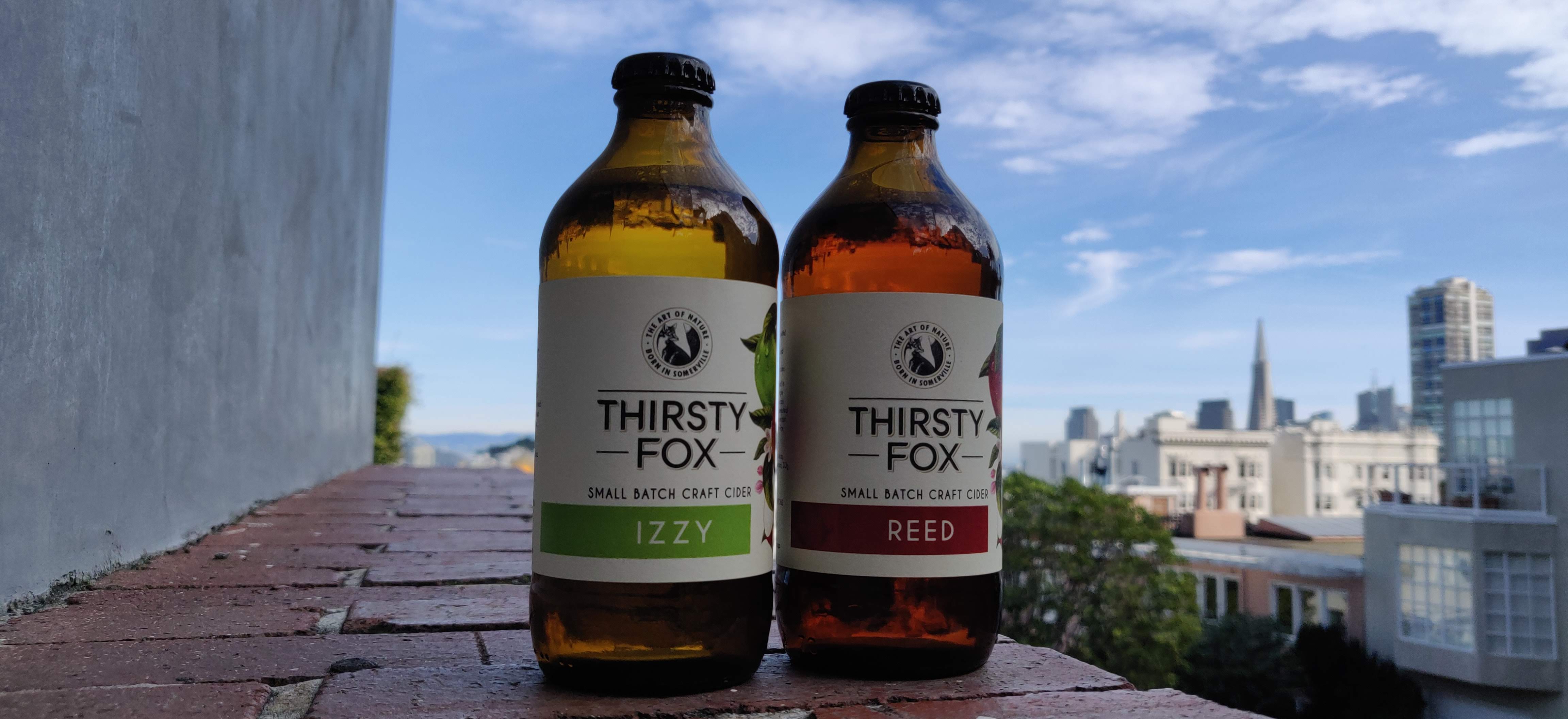It’s one of those balmy days when it’s impossible to stay inside, because the greens are greener and as if on cue, you’ve picked some food, drinks and friends to head down to the lawns. The next few hours are spent laughing, eating and enjoying chilled ciders as you thaw in the sun. As the sky turns pink and barbecuing slows down, the ciders thankfully keep coming.
This is London but it could easily be Adelaide, Brittany or Boston. Ciders continue to drive conversations, at brunches that turn into sundowners, among strangers who are becoming friends, and with yourself in a new city. The easygoing cider is now having its moment in the sun, but its journey, which dates to long before the birth of Christ, has been anything but easy.
Once upon a time, apples were not the sweet, delicious fruit we know now; they were too bitter to eat. Some resourceful minds turned them into boozy hard cider. It was first discovered in Celtic Britain in 55 BC by the visiting Romans, who fell deeply in love with cider. Further conquests brought apple orchards to Europe in the 9th century and the word ‘cider’ into the English language. In the 17th century, European colonists carried it to the other side of the pond, planting apple trees that would soon bear fruit good enough to drink. And what a drink it was. In Colonial America, cider was safer to drink than water, so much even children drank diluted versions.
However, a series of events did not bode well for its popularity. By the 19th century, beer, brought across by European immigrants, took over. It could be produced with considerably less effort in large quantities. The Industrial Revolution across Europe and the States led to people abandoning apple orchards for factories. Around the same time, the religious temperance movement across countries discouraged the consumption of alcohol. Come 1920, Prohibition in the United States felt like the last chapter in the cider story. The nationwide ban on the production and sale of alcoholic beverages for nearly 15 years was so damaging that even after its repeal, the cider didn’t quite recover. By then, cities had taken to drinking beer and apples were more likely to be eaten than fermented. The cider disappeared. But it was kept alive by orchard owners and makers with a keen desire to share the joys of cider with each other and the world. Over generations they have worked resolutely, seeding the love for apples, and a strong sense of community.
Ironic since it seems a byproduct of invasion, cider-making is really an act of love. Over the last few years, cider makers across the world have returned to their orchards, handpicking apples as they sing in the sun; carefully juicing, fermenting, aging them for months and creating varied styles. In the outside world, cider lovers have come to expect only the best. Beverages crafted thoughtfully by passionate people.
Ciders. Stronger than you think.



